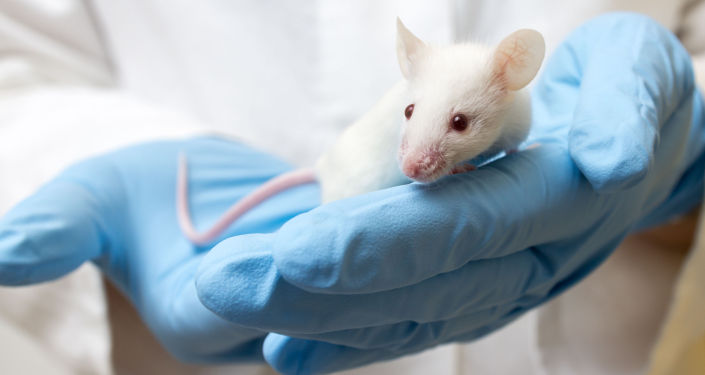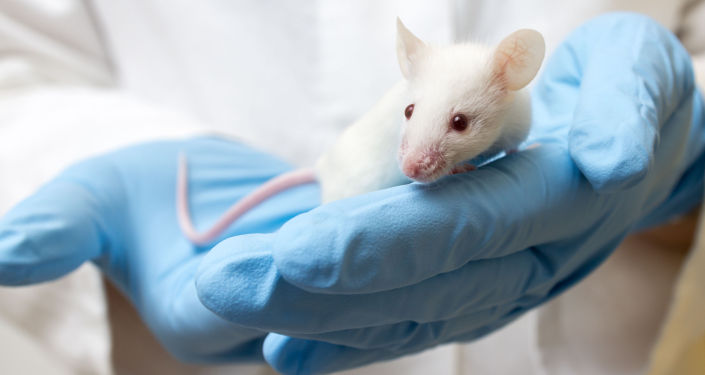Genetically engineered T cells, or CAR T cells, represent a promising approach to treat multiple types of cancer.

These therapies can eliminate tumors by targeting specific markers that are expressed on different cancer cell types. CAR T cell treatments for B cell-associated cancers have been particularly successful in eradicating tumors. These treatments destroy tumor cells expressing CD19, a protein that is upregulated at the early stages of B cell development. Unfortunately, because CAR T cells persist after a patient goes into remission, continual targeting of CD19 can lead to long-term depletion of healthy B cells.
In this issue of the JCI, a team led by Dirk Busch at Technical University München has developed a strategy to prevent depletion of healthy B cells after successful CAR T cell treatments for B cell lymphomas. They created CD19-targeting CAR T cells that also express a non-functional form of another protein called EGFR. They then treated a mouse model of leukemia with the EGFR- and CD19-targeting T cells. After the treatment successfully eliminated B cell tumors in these mice, the researchers administered an antibody for EGFR, which depleted CAR T cells. This strategy permanently restored levels of healthy B cells without causing cancer relapse in the mouse model. This work provides evidence that incorporating an additional targeting mechanism into genetically engineered cells may improve the safety of these cell-based therapies.
###
TITLE:
Targeted antibody-mediated depletion of CD19 CAR-T cells permanently reverses B cell aplasia
AUTHOR CONTACT:
Dirk Busch
Technical University München
[email protected]
View this article at: http://www.jci.org/articles/view/84813?key=fed9e949b703c563bf23
Media Contact
Elyse Dankoski
[email protected]
@jclinicalinvest
http://www.jci.org
The post Depleting CAR T cells after tumor treatment reverses B cell deficiency in mice appeared first on Scienmag.





